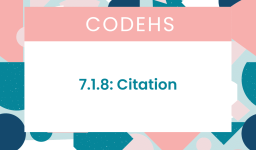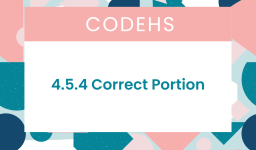The most common answer is:
Age = int(input(“Age: “))
BirthLocation = str(input(“Born in the U.S.?(Yes/No): “))
Year = input(“Years of Residency: “)
if((Age>=35) and (BirthLocation==”Yes”) and (Year>=14)):
print(“You are eligible to run for president!”)
else:
print(“You are not eligible to run for president.”)To ensure this program runs correctly and adheres to Python syntax, including using standard ASCII quotation marks and making sure all input comparisons are properly conducted, there’s a need to convert the Year input to an integer for comparison.
Here’s the revised version:
age = int(input("Age: "))
birth_location = input("Born in the U.S.?(Yes/No): ").strip().lower()
years_of_residency = int(input("Years of Residency: "))
if age >= 35 and birth_location == "yes" and years_of_residency >= 14:
print("You are eligible to run for president!")
else:
print("You are not eligible to run for president.")
This code will:
- Prompt the user to enter their age, whether they were born in the U.S., and their years of residency.
- Check if the user meets the eligibility criteria to run for president: at least 35 years old, born in the U.S., and a resident for at least 14 years.
- Print a message informing the user of their eligibility.
Adjustments made include:
- Converting
BirthLocationcomparison to lowercase with.lower()to ensure the comparison works regardless of how the user inputs their answer. - Using
.strip()to remove any leading or trailing spaces from the input, which can sometimes cause the condition to fail unexpectedly. - Changing variable names to
snake_casefor Python convention (Age,BirthLocation,Yeartoage,birth_location,years_of_residency).



